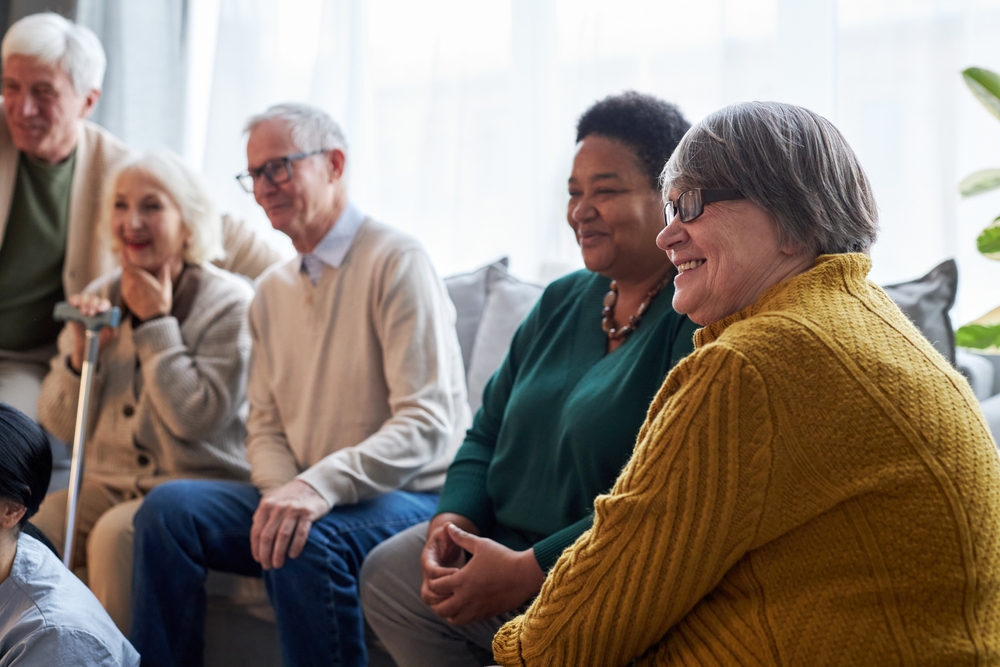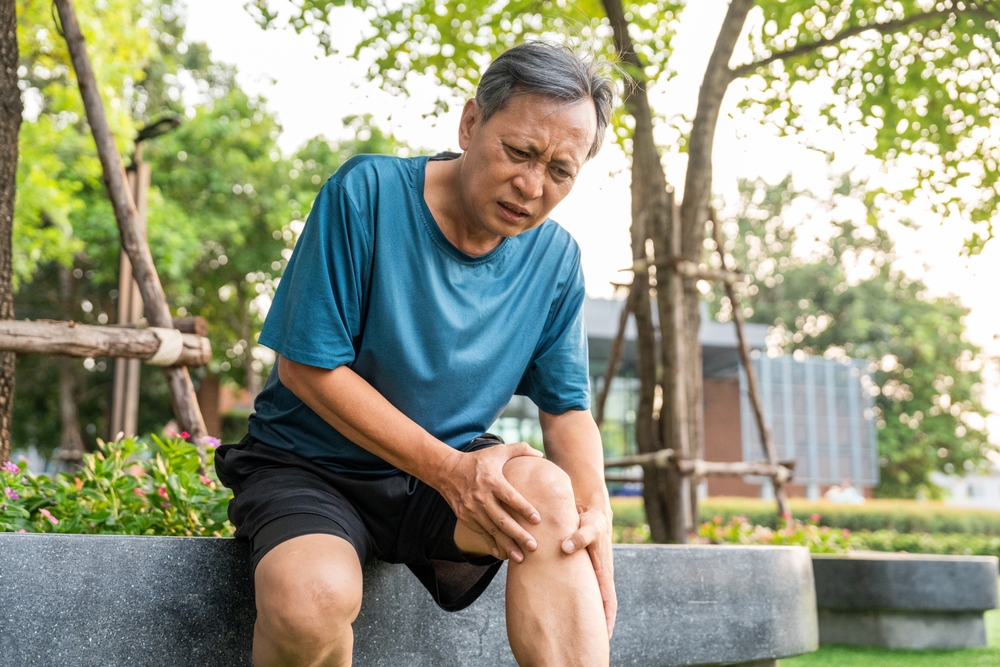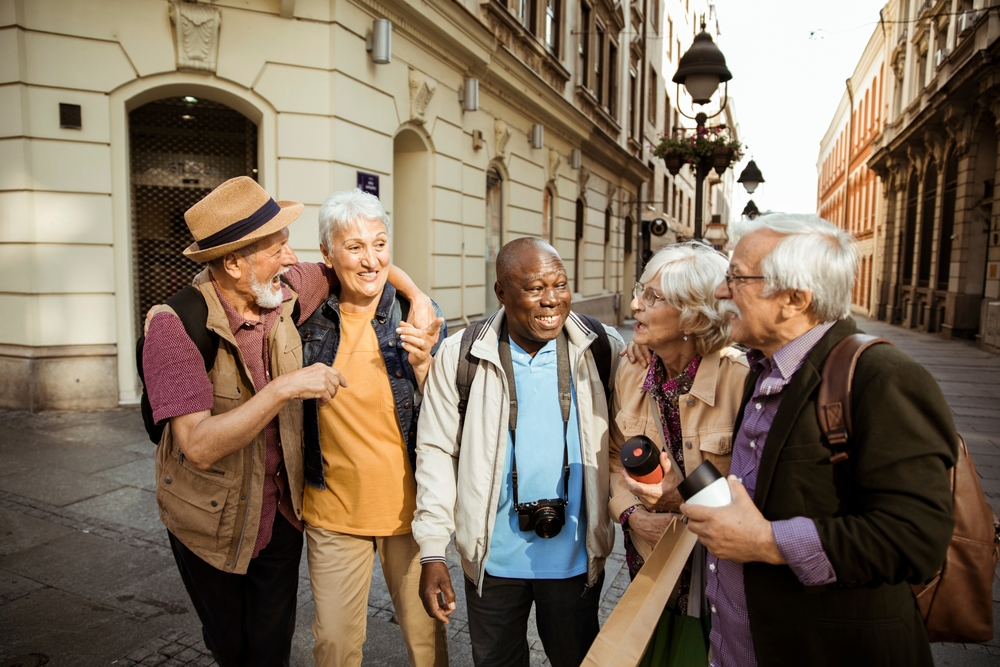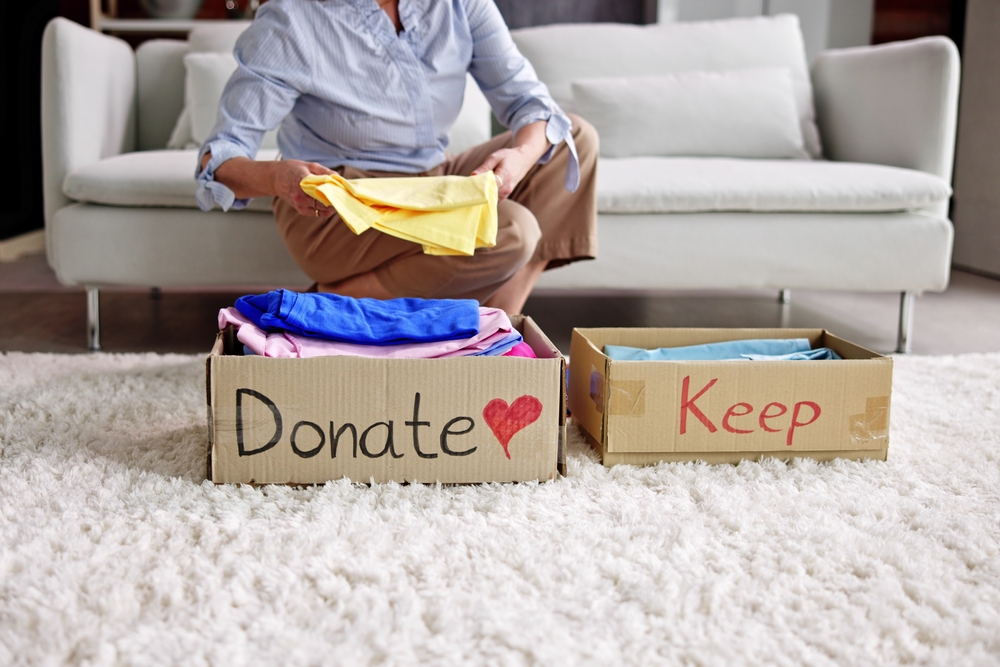What are Activities of Daily Living (ADLs)?
Category:

Think of the things you do when you wake up every morning. You get out of the bed, you use the toilet, you brush your teeth, you get dressed. These are all examples of activities of daily living.
As our loved ones age, it may become more difficult for them to perform activities of daily living. Knowing what ADLs, or activities of daily living, can help you determine how much care and assistance your loved ones need as they age.
Download Our FREE Path to Care Guide
What Are Activities of Daily Living?
ADLs are a collective term for the basic skills you need to be able to perform independently during regular daily life. They include:
- Ambulating. Ambulating includes all regular movement: walking, sitting down and getting back up, standing, laying down and getting back up, and climbing up and down stairs both inside and outside.
- Hygiene. Bathing, brushing teeth, shaving, and hair and nail care are all part of personal hygiene and grooming.
- Toileting. Safely using the toilet and cleaning oneself afterwards are included here, along with being continent, or able to control the bladder and bowels as needed.
- Dressing. Getting dressed properly encompasses putting on clothes, socks and shoes and using things like buttons and zippers.
- Eating. Being able to feed oneself using cutlery is an activity of daily living.
Basically, a list of activities of daily living consists of tasks that indicate your ability to care for your basic needs without assistance. More complex tasks that demonstrate your ability to live independently are called IADLs.
IADLs are tasks that are not necessary to complete every day but are important to keep a household running and care for overall health and safety in the home. IADLs include:
- Managing finances, including paying bills, planning for expenses, and using bank services.
- Taking care of health, such as making regular doctor visits and remembering to take prescription medications correctly.
- Doing your own shopping, including groceries, toiletries, clothing and other necessities.
- Preparing and cooking meals.
- Handling your own transportation, whether it is driving a car or using public transportation.
- Using communication devices such as telephones, regular mail, email and internet safety.
- Keeping up with household chores like cleaning and gardening.
- Caring after children, pets, and others in the household.
- Maintaining religious practices, hobbies or other interests.
- Knowing what to do in emergencies, including safety responses and emergency contact information.
Assessing activities of daily living is the best way to know if your elderly loved one needs assistance. You may begin to notice them struggling with the items on the second list, the IADLs. For example, if your loved one is starting to lose interest in hobbies, or doesn’t want to drive or leave the house, they may need assistance living independently and staying in their home.
When your elderly loved one begins to struggle with activities of daily living, such as those on the first list, it is an indication that they need regular assistance. This may mean they need live-in help to stay in their own homes, a 24-hour caregiver whether that is you or someone you hire, or they may need to consider moving somewhere that offers assisted living.
As a caregiver for a senior, you may be able to assist with many activities of daily living. It may be as simple as making sure your loved one does not fall in the shower or help them with their buttons when they are getting dressed. By keeping the list of activities of daily living in mind, you will be able to determine when your loved one needs more help than you can provide for them.
To learn about our home care services, contact our caregiving team today at 1-800-GRISWOLD or find a Caregiver near you.
Subscribe
Date: 2024-11-12
Category:


